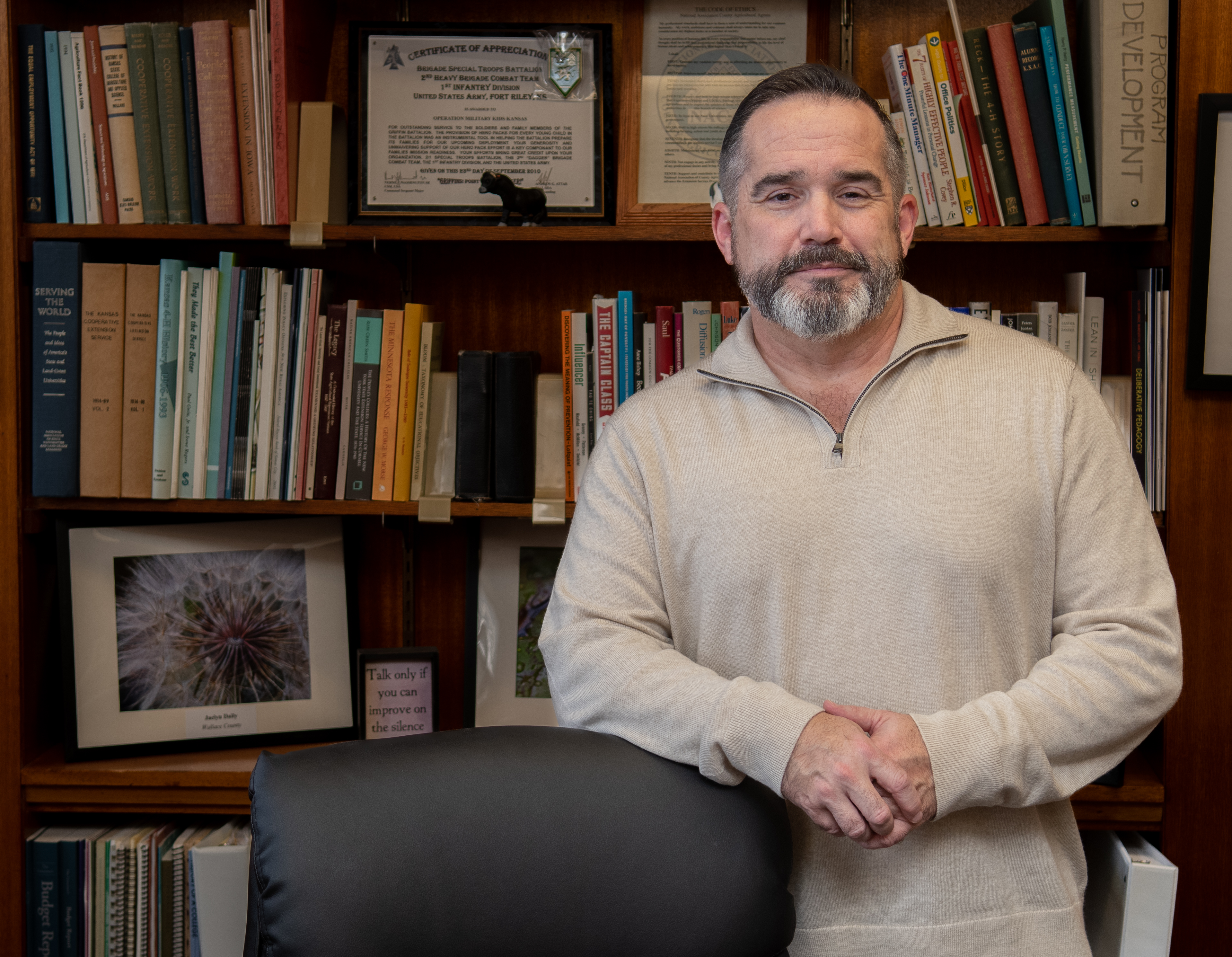March 12, 2024
In Your Image or Theirs?

A gazelle asked an elephant for advice on how to get the best forage. The very busy elephant, somewhat put off, pushed a young tree over, ate some of the leaves, and said, “That’s how you do it.” The gazelle stared wide eyed at the elephant, gulped, and said quietly, “Uh, thanks.”
Being a good team member and colleague often means being asked for advice by your colleagues. This is especially true when the average years of experience in an organization is dropping. The current percentage of our workforce with three years or less of extension experience is now 40%. Of course, the less experience an individual has, the more mentoring is needed.
If you are tempted to reply with “This is what I would do” when asked for advice, ask yourself this: Are you responding in terms of your own image or theirs?
The elephant responded in terms of its own image. Its advice was very suitable for elephants but not for gazelles. The elephant did not ask about the types of forages the gazelle desired. It did not ask the gazelle about its fears when foraging. It did not take the time to consider the gazelle’s strengths and weaknesses. Nope. The elephant just showed and told the gazelle what to do, checked the mentoring box off its to-do list, and went on about its day.
Each extension professional has a unique set of experiences and skills that they bring to the job. If we limit our advice to how we would do something, that advice may be as inappropriate as the elephant’s advice to the gazelle.
The advising colleague needs to have a conversation with the advisee. Together, the advisor and advisee need to consider the advisee's hopes and fears about the challenge they are facing. They need to develop possible solutions to the challenge that fits the advisee’s unique set of experiences and skills that they can bring to address the problem.
In short, the advisor needs to help the advisee find the solution that is right for the advisee, even if it is very different from how the advisor would do it.
Mentoring team members and colleagues, whether they are experienced or not, or formally or informally, is the duty of every extension professional. It is even more important now as our average years of extension experience is decreasing. When a team member or colleague comes to you for advice, please take the time to work with them. Help them to find the solution that is in their image, not yours. It’s what good extension professionals, team members, and colleagues do.